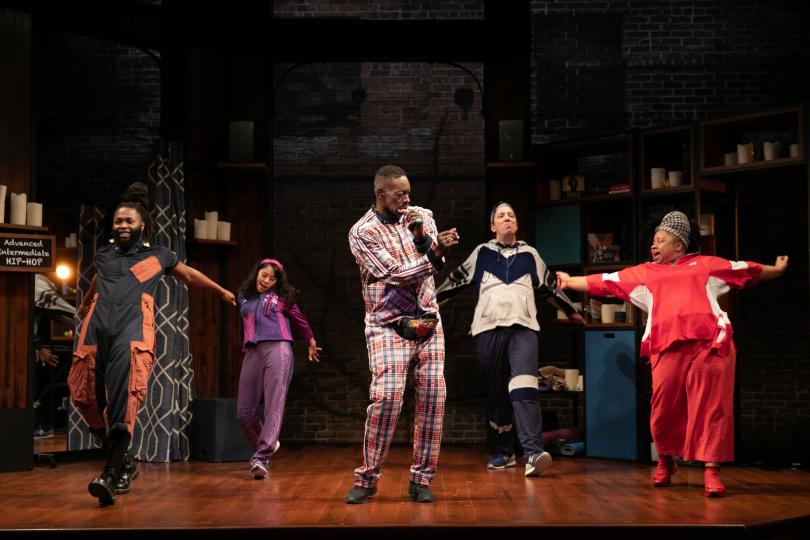Skin Memory in Brittany K. Allen’s Redwood

Does memory travel from one generation to the next even if a family’s oral history is fragmented or hidden? Does skin keep a record of transgression? If so, who bears the weight of the record?
In Suzan-Lori Parks 1994 essay Possession she writes about the sort of anthropological work of a playwright who is compelled to make and remake history.
Since history is a recorded or remembered event,
theatre, for me, is the perfect place to “make” history –
that is, because so much of African-American history has been
unrecorded, dismembered, washed out,
one of my tasks as playwright is to – through literature and the special
strange relationship between theatre and real-life –
locate the ancestral burial -ground, dig for bones, find bones, hear the bones sing, write it down. (Parks 4)
This fixation with excavating one’s history sits at the center of Brittany K. Allen’s new play Redwood. Which runs at the Jungle Theater Feb 5 – Mar 13 directed by H. Adam Harris, and featuring a fun cast. Many of whom had been with the production when it was forced to shut down just one day before opening in 2020. According to the theater’s directors (Christina Baldwin, Robin Gillette), the set of Redwood never left the stage. Perhaps it just stood-by collecting dust and waiting patiently for the country to reopen safely again. Similarly, themes of dormancy and resurrection drive the narrative that unfolds in Allen’s genre-defying work. The play is more of a romantic-comedy set against the backdrop of family drama than a “traditional” family drama.
When the play opens we are dropped into the world of the narrator, Uncle Stevie (Bruce A. Young), who has taken on the arduous task of uncovering his ancestral roots and filling in a family tree. As he works diligently on the project alone, he urges members of his family to join him, and continues to update them on his findings via emails. However, Meg, his niece, is a young high-performing educator with deep convictions about the power African-American literature has to shape the minds of her students; and her God-fearing mother, Beverly, whose marriage may be on the rocks, are preoccupied with their personal lives. At first their lives seem comically unaffected by Uncle Stevie’s journey to the past, until his findings bleed into their private worlds revealing an inescapable truth that threatens to dismantle Meg’s fledgling romance.
H. Adam’s smart and active direction keeps viewers engaged from scene to scene with bits of choreography and song that deepen the themes in the play. Redwood is witty, while also examining how a blood-guilty history might complicate present-day relationships. The play is both sit-comical and deeply theatrical. Which ultimately serves up an evening of comfort-theater with a side of reality.
Redwood was developed at Manhattan Theatre Club, Kansas City Repertory Theatre and the Studio Retreat at the Lark (NYC) and had its world premiere at Portland Center Stage in October 2019. Much of the 2020 cast returns to the Jungle stage including China Brickey (Meg), Kevin Fanshaw (Drew), Bruce A. Young (Uncle Stevie) , Thomasina Petrus (Meg’s mom, Beverly), Dana Lee Thompson and Max Wojtanowicz. This 2022 production also welcomes the talents of Morgen Chang, Dwight Xaveir Leslie, and T. Mychael Rambo (performing as Uncle Stevie March 1-13).
Parks, Suzan-Lori. The America Play and Other Works, 1995, pp. 4




